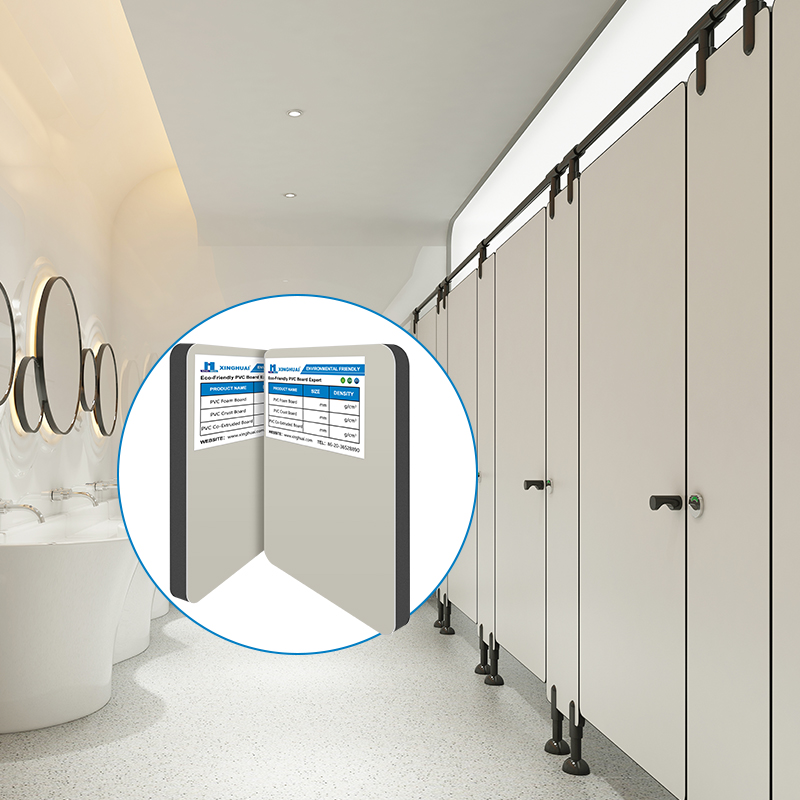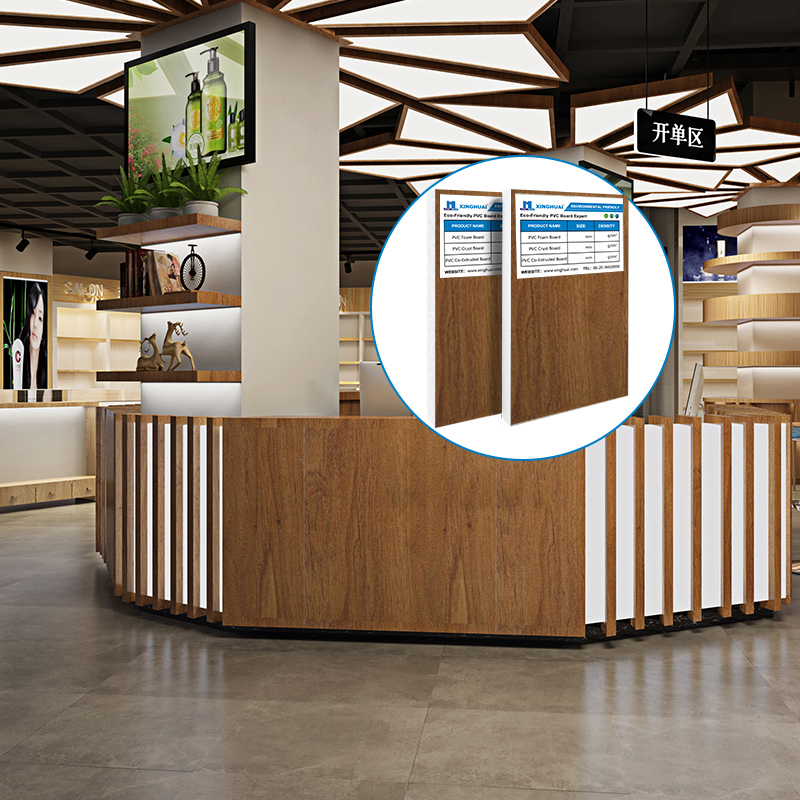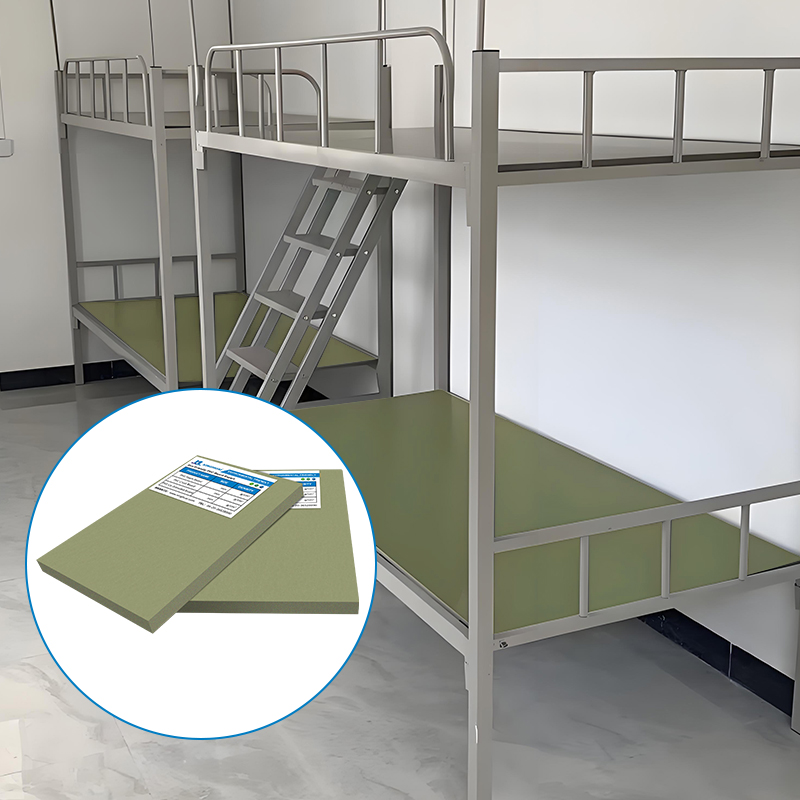The Performance Characteristics of PVC Sheet Under Harsh Chemical Conditions
Polyvinyl chloride (PVC) foam boards, commonly referred to as PVC foam sheets or PVC plastic foam boards, are widely used in a variety of industries due to their versatility and durability. However, when exposed to harsh chemical conditions, such as strong acids, alkalis, or organic solvents, the performance characteristics of PVC sheets can be affected.
PVC foam boards are generally resistant to many chemicals due to their chemical structure. The closed-cell structure of PVC foam provides excellent resistance to water, oils, and diluted acids. This makes PVC foam boards a popular choice for applications in marine, construction, and signage industries.
Under harsh chemical exposure, PVC foam boards demonstrate moderate resistance, but certain chemicals can cause degradation. Strong acids like sulfuric acid and hydrochloric acid, or organic solvents like acetone, can soften or degrade the surface of the foam, leading to discoloration, warping, or even structural failure if prolonged exposure occurs. Alkalis may also affect the stability of the PVC foam, causing a reduction in mechanical properties like tensile strength and elongation.
Despite these vulnerabilities, the overall performance of PVC foam under chemical stress is still relatively strong, especially when compared to other materials. To improve its chemical resistance, coatings or treatments can be applied, enhancing its durability in aggressive environments.
In summary, PVC foam boards exhibit good resistance to a variety of chemical agents, but their performance can degrade under exposure to highly corrosive substances. Careful selection of PVC materials and protective measures can help extend their lifespan in such conditions.




